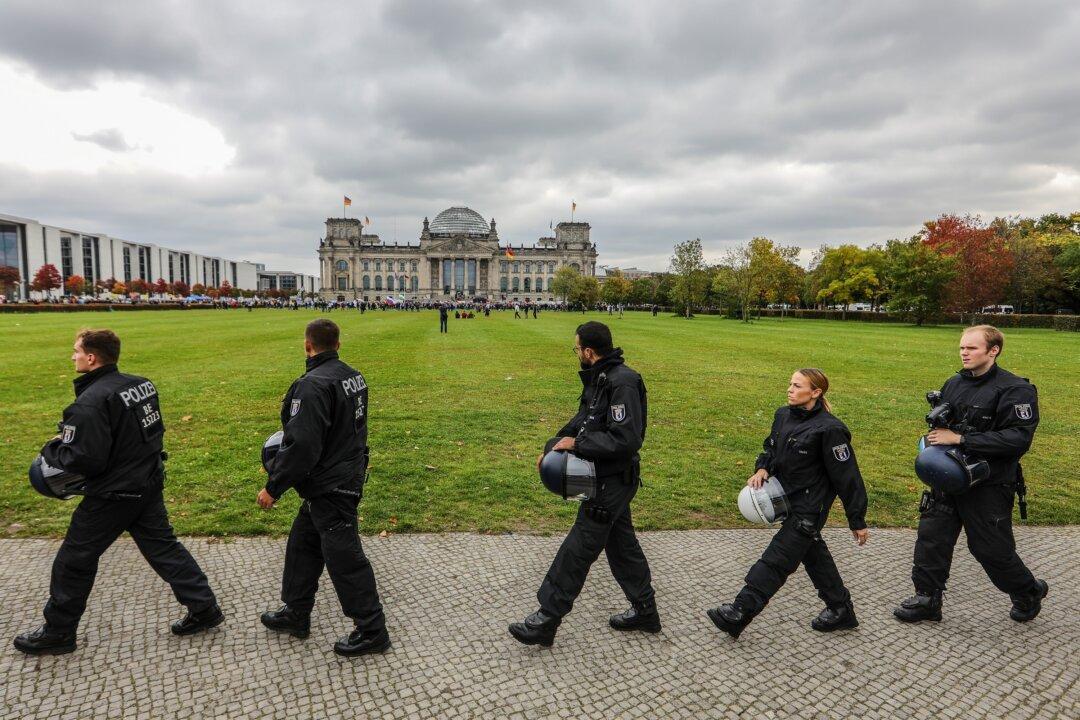Germany’s Alternative for Deutschland (AfD) party will hold a referendum on the nation’s European Union membership if it comes to power, according to party leader Alice Weidel.
In a Jan. 22 interview with the Financial Times, Ms. Weidel hailed the UK’s departure from the EU four years ago as a “model for Germany.” In a move commonly known as “Brexit,” the UK officially left the EU in 2020 based on the outcome of a 2016 referendum.





